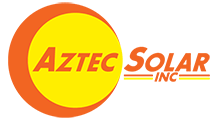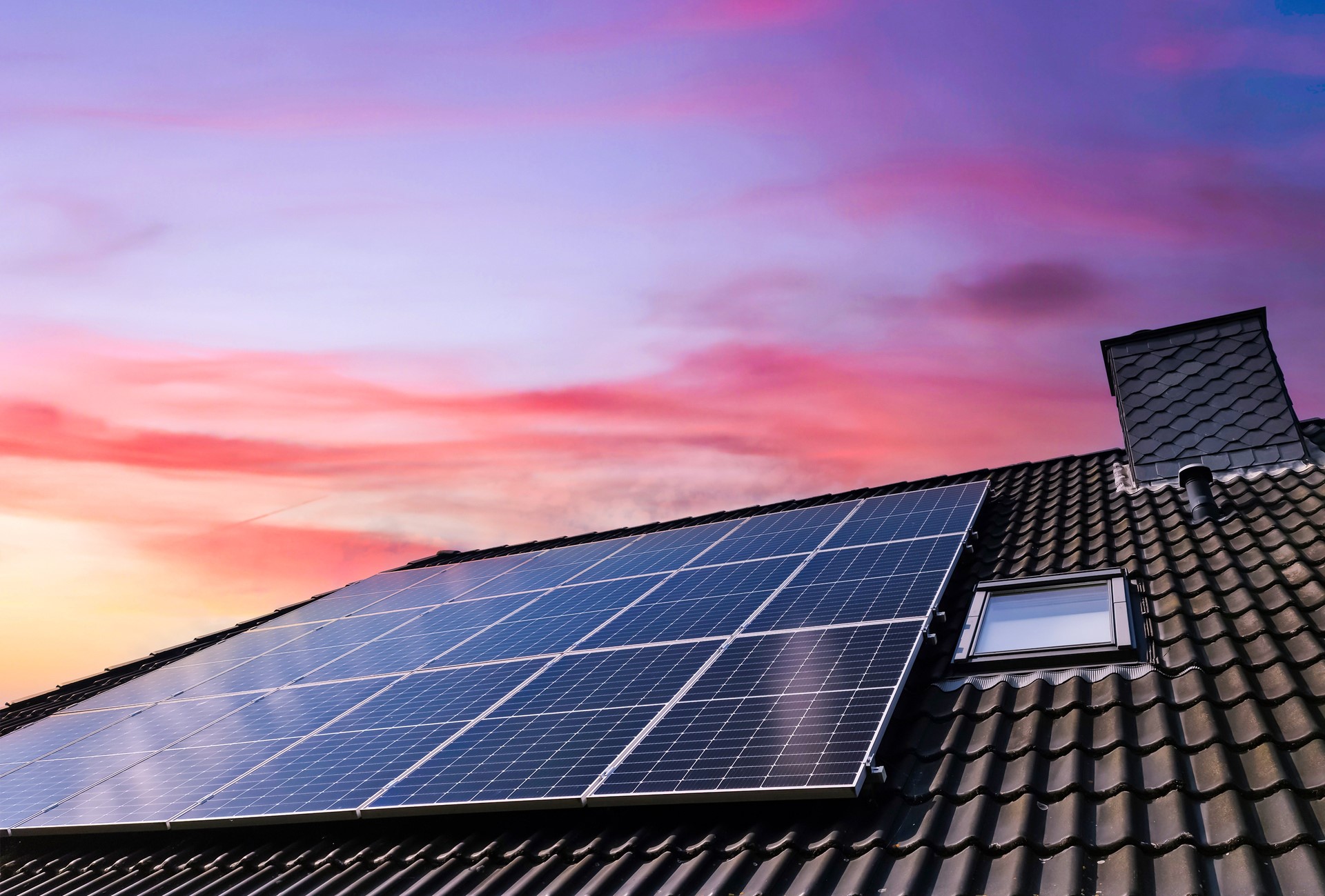Solar energy has emerged as a powerful solution to the world’s growing energy needs while offering numerous environmental benefits. By harnessing the abundant renewable energy source that is the sun, solar energy systems provide a clean, sustainable alternative to traditional fossil fuel-based electricity generation. This shift toward solar power not only reduces carbon emissions and air pollution, but also minimizes the impact on land and water resources. As a result, the adoption of solar energy contributes significantly to the fight against climate change, the preservation of ecosystems and the overall health of our planet.
Solar energy is a clean energy source
Solar energy is a clean form of energy because it generates electricity without emitting harmful pollutants or depleting finite resources. Burning fossil fuels like coal, natural gas and oil releases greenhouse gases like carbon dioxide that warm the atmosphere, particulate matter and other toxic substances. To create solar energy, no air or water pollution is emitted. This positions it as an eco-friendly substitute for traditional energy sources.
Solar energy can improve local air quality
Solar energy is not only a clean power solution to our growing energy needs, it also provides significant local air quality benefits.
Power plants utilizing fossil fuels release numerous air contaminants, including sulfur dioxide, nitrogen oxides and particulate matter. These pollutants can cause respiratory problems, heart disease and other health issues. By generating electricity through solar energy, we can significantly decrease the levels of these harmful pollutants in our local environment.
Improved air quality positively affects public health. As solar power reduces the amount of air pollution produced by fossil fuel combustion, it helps lower the risk of asthma, lung cancer and other respiratory diseases. As a result, communities will likely become healthier.
Solar energy is a sustainable form of energy
Solar power is a sustainable resource as it depends on the sun, anticipated to persist in emitting light for billions of years to come while fossil fuels like coal, oil and natural gas are limited resources that will ultimately be depleted.
Moreover, to produce electricity from solar panels requires no water, making it a valuable energy source in drought-prone states like California. Many traditional power plants require vast amounts of water for cooling purposes, putting strain on already limited water resources.
Solar energy protects finite natural resources
Research from the National Renewable Energy Laboratory (NREL) and technological advancement give us the opportunity to use other cost-effective, clean and sustainable forms of energy and reduce our dependence on fossil fuels, such as coal, oil and natural gas. These non-renewable resources are finite, and their extraction and combustion contribute significantly to environmental degradation and climate change. By utilizing solar energy, we can decrease our reliance on these depleting resources and transition toward a more sustainable energy future.
Solar energy has low impact on land use
Solar energy offers a clean, renewable source of power with minimal environmental impact.
A solar energy system can be installed on various surfaces, such as rooftops, parking lots and even floating solar farms on water bodies. This efficient use of space reduces the need for large-scale land clearing and allows solar technology to coexist with other land uses. For instance, rooftop solar installations do not require any additional land, as they utilize existing structures to generate electricity.
Solar panels can be integrated with other land applications, such as agriculture or conservation efforts. This concept, known as agrivoltaics or agro-photovoltaics, allows for the simultaneous cultivation of crops and generation of electricity from solar panels. Employing this dual-use strategy can enhance land efficiency and promote sustainable land management methods.
Solar energy installations are typically designed to be modular and easily dismantled. This means that when a solar farm reaches the end of its operational life (usually around 25-30 years), the land can be restored to its original state or repurposed for other uses. This reversibility is an advantage over other energy production methods that may leave long-lasting negative effects on the land.
Choose a champion of Sacramento solar energy to reap the benefits of solar power
Aztec Solar has been a strong advocate and provider of solar energy solutions for over four decades. We place a strong emphasis on educating our customers about the benefits of solar energy and how it works and offer ongoing support and maintenance services to ensure that our clients’ solar systems continue to operate optimally over time.
We actively advocate for solar energy adoption and are proud to play a crucial role in driving the transition to a more sustainable energy future.
Contact us today to get started with your solar power project. And see how much you can save with solar in just 9 second here.



Recent Comments